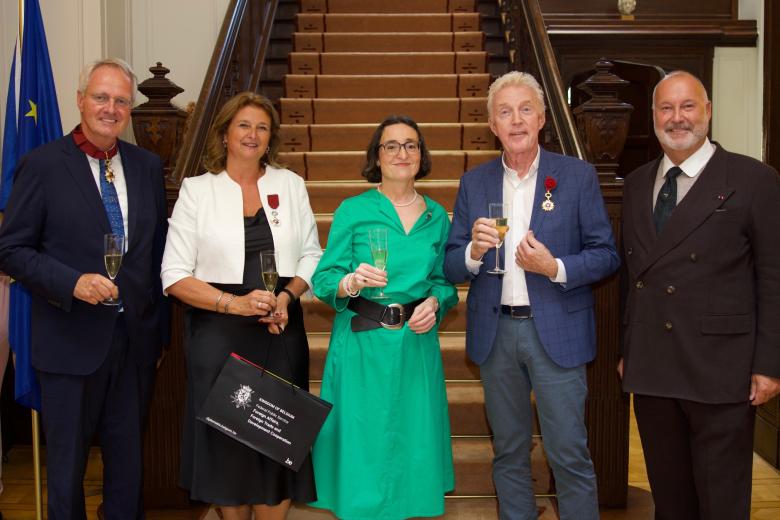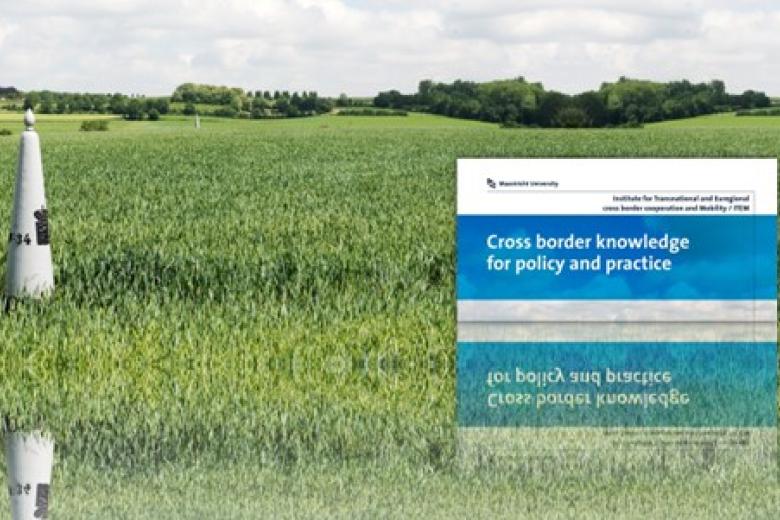Weaponized Investments: Navigating the Intersection of National Security and Global Trade
Supervisors: Prof. Dr. Peter Van den Bossche, Maastricht University/World Trade Institute, University of Bern, and Dr. Denise Prevost, Maastricht University
Co-supervisor: Dr. Iveta Alexovicova, Maastricht University
Tags: Weaponized Investments, National Security, International Arbitration, Investment Treaties, Geoeconomic Risks
PhD thesis written by Jens Hillebrand Pohl
In today’s globalized economy, foreign direct investment (FDI) plays a crucial role in fostering economic growth. However, these investments can also pose significant national security risks, especially when they are perceived as tools of geopolitical strategy—what my research terms “weaponized investments.” These state-backed investments blur the lines between economic activity and national security, leading states to adopt stricter screening mechanisms to protect their strategic interests.
My dissertation explores how international arbitration addresses disputes that arise when states invoke national security to justify restrictive measures against foreign investors. These disputes often bring into focus the delicate balance between a state’s sovereign right to protect its security and its obligations under international treaties. Arbitration emerges as a key forum for resolving these conflicts, navigating the fine line between respecting state sovereignty and upholding protections promised to investors.
The research delves into the evolution of national security within international investment law, focusing on the growing use of security exception clauses by states. It also examines how states justify their actions under the necessity defense, a principle in customary international law allowing states to breach obligations to protect essential interests against grave and imminent peril. The dissertation further analyses the jurisdictional challenges posed by sovereign investors, such as state-owned enterprises (SOEs) and sovereign wealth funds (SWFs), and how tribunals differentiate between their commercial and governmental roles in disputes.
The study concludes by discussing the balance between a state’s right to regulate for national security and the transparency required in arbitration. My research proposes reforms to enhance the fairness and reliability of arbitration, ensuring confidentiality in security matters does not undermine the justice process. Ultimately, the success of arbitration in these contexts hinges on clearer guidelines and more precise treaty language, alongside robust investment screening mechanisms that adapt to evolving geoeconomic risks while maintaining transparency to uphold investor confidence.
Also read
-
Symposium VWR-VSR: Vulnerability and the Law – Multidisciplinary Perspectives
On 14 November 2025, the symposium "Vulnerability and the Law: Multidisciplinary Perspectives" will take place in Maastricht.

-
Professor Anouk Bollen-Vandenboorn appointed Knight in the Order of the Crown
Prof. Dr Anouk Bollen-Vandenboorn, Director of the Institute for Transnational and Euregional cross border cooperation and Mobility (ITEM) at the Faculty of Law, Maastricht University, was appointed Knight in the Order of the Crown on 3 July, during a formal ceremony at the Belgian Embassy in The...

-
ITEM continues: Advancing cross-border cooperation and impact
ITEM enters new phase within UM Faculty of Law from 2025.
